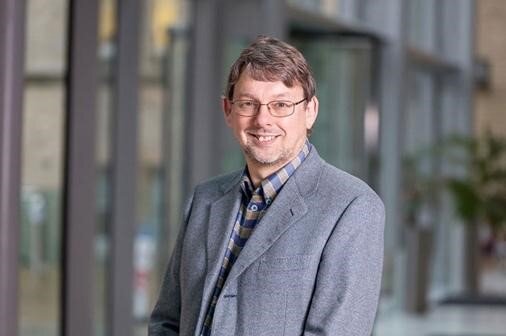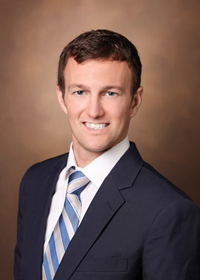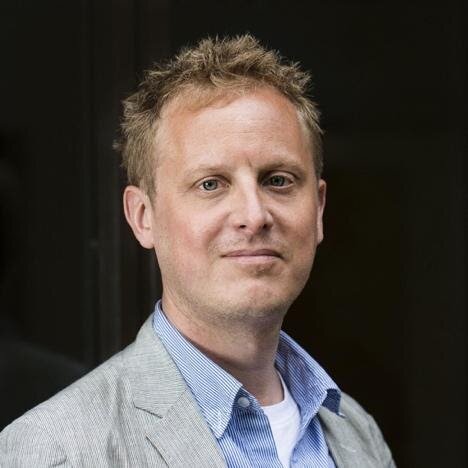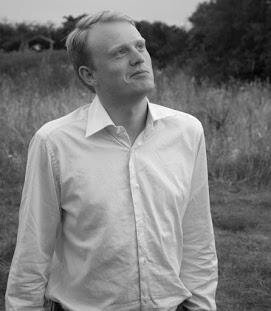
Regulating the Tyrell Corporation:
Company law and the emergence of novel beings
25th-26th October 2018, Wellcome Collection, London.
Convenors: Dr Sarah Morley, Dr David Lawrence
About
This conference highlighted the difficulties in the interplay between consciousness, responsibility, and liability, and attempted to provide a basis for developing workable legal definitions that may be applicable in many fields of law.
In the two-day final conference of our Wellcome funded project, we continued the work of our symposia in January, April and June 2018. We brought together a variety of researchers of disparate fields (including medical law and jurisprudence, policymakers, legal practioners, and computer scientists) alongside new perspectives from neuroscience, neurology, consciousness studies and bioengineering in order to set the stage for future investigations of these legal conflicts and their wider implications.
Abstract
Advances in synthetic genetic technologies and artificial intelligence research promise the emergence of new forms of life, some of which may be conscious and will thus pose entirely new challenges for the law. Their advent may require a re-evaluation of Homo sapiens’ legal and social primacy; and will pose disruptive global challenges for society and the law as regards the moral status of these beings, their protections, their freedoms, their obligations, and our own towards them. It seems likely that these technologies will be the product of public companies and in particular multinational corporations, and we may find ourselves facing the cyberpunk future represented by Blade Runner’s Tyrell Corporation. Dr Lawrence and Dr Morley received funding from the Wellcome Trust to conduct a project of research into this area, with a specific focus on how we might control companies’ development of these beings via regulation. A new network of expertise was created through a number of events prior to this conference, considering these future technological developments and beginning to suggest practical legal definitions for the status of both conscious and unconscious novel beings. A future goal for this group is to assist in developing proposals for appropriate regulation for the responsible development, operation, and disposal of the technologies.
A roundtable (January 2018) comprising renowned experts in ethics and law- including Professors John Harris and Chris Reed, and Drs Sarah Chan and Ruth S:rton- formed the nucleus of this network and set the agenda for our research. The first symposium (held in April 2018) considered the interplay between consciousness, responsibility, and liability, and attempted to provide a basis for developing workable legal definitions of consciousness that may be applicable in many fields of law – which will be essential for assessing levels of accountability required by companies, or the new beings themselves and any rights that might be bestowed upon them. The second symposium (held in June 2018) built upon the first and specifically address the responsibility of companies in the development, operation, and disposal of these technologies. Morally significant questions remain unanswered by the law; for example, as the law stands, Directors are not required to consider whether these beings have a right to life, to liberty, or to self-ownership; nor to the impacts its existence and operations may have on society.
Speakers
To connect with Novel Beings network members or view up-to-date biographies, please visit our Network page.

Professor Alan Dignam

Dr Aisling McMahon

Mr. Chris Riley

Professor T.T. Arvind

Mr. Gary Wilson


Dr Oludara Akanmidu

Dr Gardar Arnason

Dr Isra Black

Dr Sarah Chan

Dr Ryan Darby

Professor John Harris

Dr Joshua Jowitt

Dr Alex McKeown

Dr Sarah Morley

Dr Rune Nyrup

Dr Henry Shelvin

Dr Daniel Tigard

Professor Dirk Zetzsche
Want to be notified about upcoming events?
Sign up with your email address to join our mailing list

